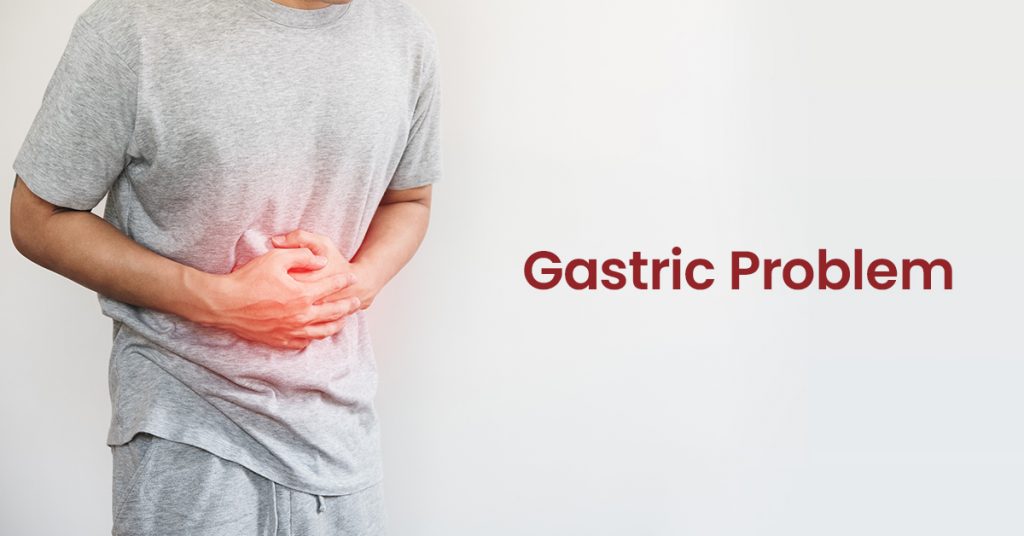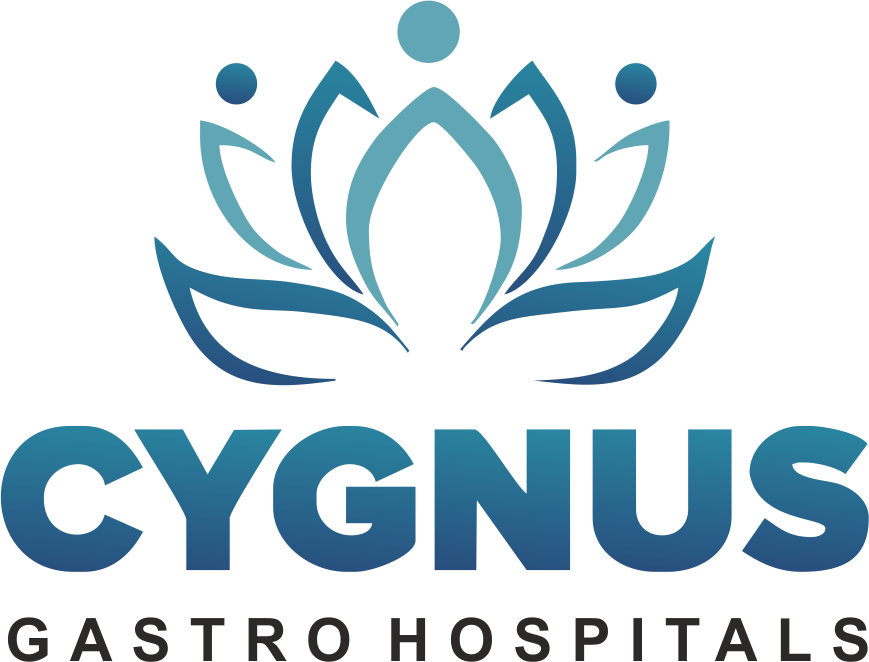
What is Gastric Problem?
The soreness, tenderness, and irritation that is felt the most in the upper abdomen sum up the Gastric Problem. Gas or gas pain is occasionally or frequently experienced by most people. Along with the elders, teenagers also can face the gastric issue. At Cygnus Hospital we have one of the Best Gastroenterologist in Hyderabad offering comprehensive world-class care for gastroenterological disorders.
The gastrointestinal tract is the esophagus or the food pipe, stomach, and intestines. Food particles are passed through the esophagus to the stomach and intestines. Here, the food particles are broken down into simpler esophagus passes the complex food particles to the stomach and intestines where it gets broken down into smaller simple particles of nutrients that get absorbed and hence maintain the healthy biological wellbeing.
What are the symptoms of the gastric problem?
The common symptoms of gastric problems:
- Bad breath
- Stomach pain
- Belching
- Flatulence
- Abdominal bloating
- Indigestion
- Constipation
- Diarrhea
- Blood discharge with stool
What causes gastric problems?
There are many reasons for Gastric problems – these are
- Uncontrolled drinking habits
- Consumption of spicy food
- If food is not chewed properly
- Digestive trouble
- Bacterial infections
- Stress and tension
Below are the causes of gastric pain:
- The bile flowing back into the bile tract or Bile Reflux
- Bacterial or viral infection
- The bacteria in the mucus lining of the stomach is H.pylori, if left untreated, the infection will lead to ulcers.
What does gastric pain feel like?
Initially, a burning sensation or pain (indigestion) in the upper abdomen and rarely in the esophagus (food pipe) may become either worse or better with eating. Nausea, vomiting, bloating in the upper abdomen after eating, heaviness in the stomach, or tiredness
How is the Gastric Problem diagnosed?
Imaging testing:
Scanning is done to observe the abnormalities in the digestive tract. This is done with the help of:
- CT (computed tomography) scan
- MRI (magnetic resonance imaging)
- Ultrasound
- Contrast X-rays
Endoscopy:
The process in which a tube-like structured camera is attached to the front and inserted into the colon. This is to capture the overall situation of the digestive system. One of the following is advised for the endoscopy:
- Upper endoscopy
- Colonoscopy
- Sigmoidoscopy
Blood test:
For the detection of internal infection, a blood test is the most common test. It is the finest way to identify any traces of infection in the body affecting Gastric Problems.
Breath test:
Sometimes, patients don’t know if they are lactose intolerant and thus feel gas or bloating in the abdominal area. The doctor would then advise a breathing test. The glucose solution is given to the patient to drink during the test with the help of a machine, after which the doctors will analyze the hydrogen level in the breath which determines the tolerance levels toward lactose.
How to treat the gastric problem?
Acute gastric pain is relieved by just eating a bland diet without any treatment. But for some infections, a couple of antibiotics are necessary along with the diet. Drinking plenty of water can help to feel better. Cygnus hospital is considered as the best Hyderabad gastrology hospital with experienced gastroenterologists to treat all gastric problems.
H2 blockers are the drugs that work by lowering the amount of acid produced by the stomach. H2 blockers inhibit the acid-releasing cells in the stomach to react with histamine. Peptic ulcers won’t be shown if H2 blockers are used. The H2 blockers are quickly absorbed by the body to provide immediate relief to the healing conditions of peptic ulcers.
H pylori is treated in a short term, very effectively by triple therapy. In an experiment carried out on 65 patients over a period of one-week short-term triple therapy consisting of 250 mg of clarithromycin twice a day, 20 mg of omeprazole once daily and 500 mg of tinidazole twice a day is seen, that after a month of completing the treatment Helicobacter Pylori infection was successfully eradicated in 62 patients.
Peptic ulcer, an H. pylori infection, will have treatments such as therapy (Short-term triple therapy). This includes taking an acid-reducing agent and 2 antibiotics.
If the ulcer has started to bleed, carrying out an endoscopy, can help to control the bleeding. Surgery might be advised for patients who do not show any sign of improvement with medications or endoscopy. These process include vagotomy (cutting of the vagus nerve) and semi-gastrectomy (partial removal of a part of the stomach).


